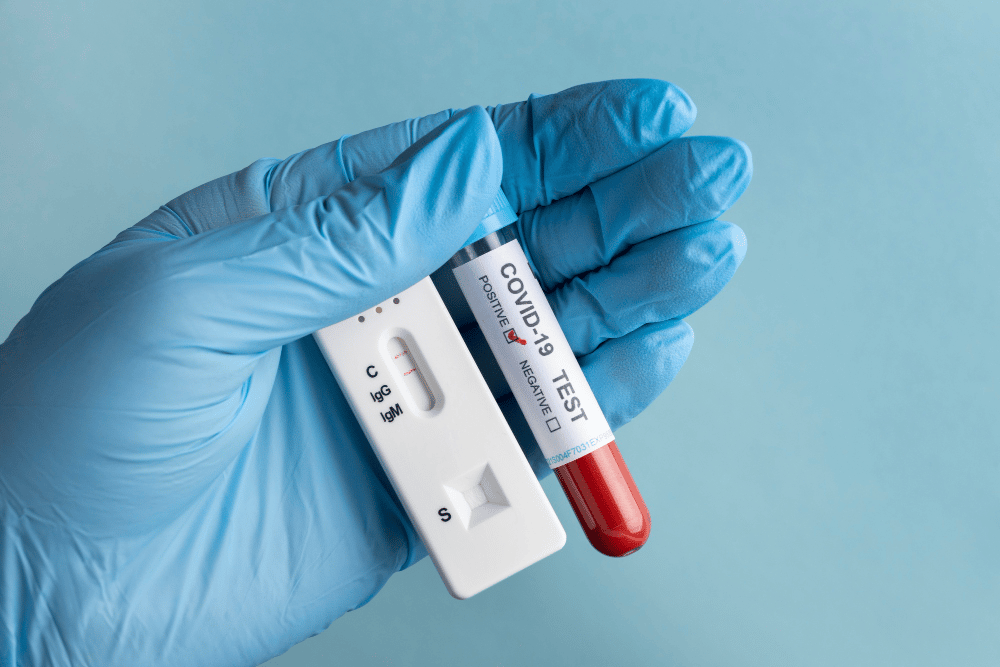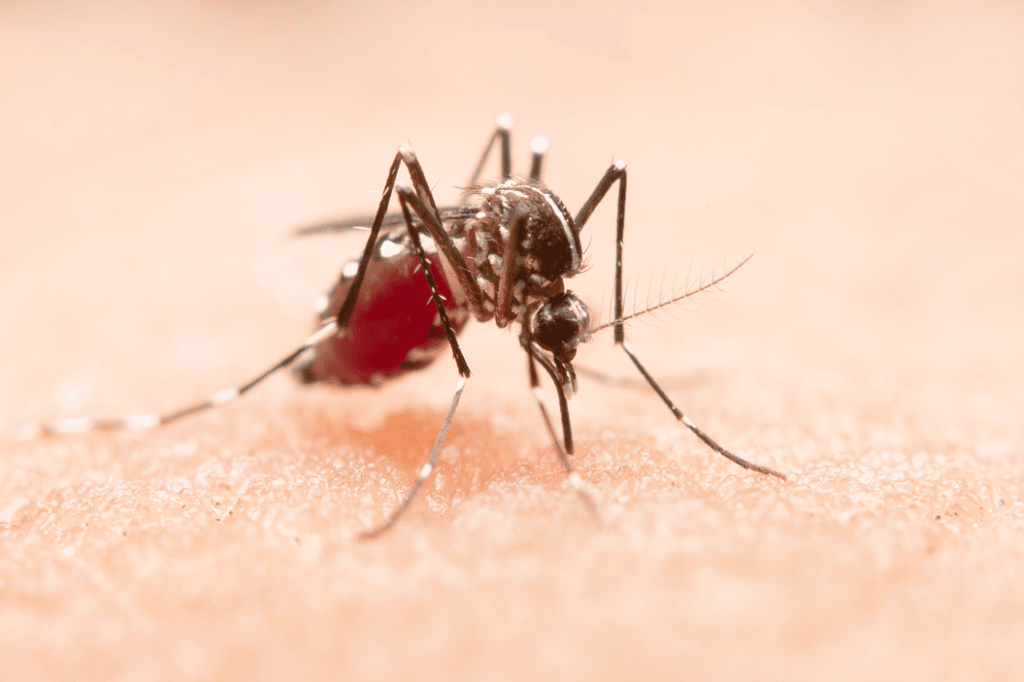
Among the many causes of infections, viruses often get ignored. However, viral infections, particularly cytomegalovirus (CMV), cause up to 40% of all congenitally acquired hearing loss. In some cases, the problem may occur while sick or shortly after. For instance, if you had COVID-19 or a recent lousy cold–but in many other issues, you may not even have known you had an infection. Sudden hearing problems can be the initial sign that something is wrong
In less-common cases, issues can arise months, or even years after infection, due to the reactivation of an inactive virus. For example, varicella-zoster, the virus that causes chickenpox, can reactivate and inflame the nerve that links the inner ear to the brain. Named Ramsay Hunt syndrome, this painful disorder recently headlines this June (2022) after music sensation Justin Bieber announced he was experiencing it.
How infection can affect your hearing
Even the slightest upset to the inner ear can affect how we hear and our sense of balance, including viral and bacterial infections. Depending on the virus, the type of damage that can occur includes:
- Direct damage to the inner ear.
- The virus causes inflammatory reactions, which then damage the ear.
- The virus causes increased vulnerability to bacterial or fungal infections, which can lead to hearing loss.
These germs can directly infect the ear, such as swimmer’s ear, or they infect other parts of the body, leading to inflammation that also impacts the ears.
Symptoms will differ depending on the type of infection. They may include fever, earache, itchiness, swelling, stuffy, clogged or muffled hearing, ringing in the ears, and dizziness. Infection-based hearing problems usually only affect one ear, which causes unique problems with hearing. Typically, these problems are temporary, but not always.

COVID-19
Hearing loss happens gradually over time. People will often compensate for their lack of hearing by asking others to repeat themselves or turn up the volume. Unfortunately, these “quick fixes” do not always work. A common complaint about hearing loss is that it is difficult for them to understand the conversation.
It’s not common, But COVID-19 can inflame or infect the ear, causing hearing loss and or tinnitus (ringing in the ears). Once it enters the ear, the COVID virus can vigorously infect the cochlear (hearing) and vestibular (balance) hair cells, potentially rendering: Sensorineural hearing loss. In rare cases, the COVID vaccine has been shown to trigger tinnitus. However, research is still occurring in this area.

Congenitally acquired hearing loss
Infections caused by pathogens transferred from mother to child during pregnancy are known as congenital infections. These viral infections can include CMV, Rubella, HSV-1 and 2, and HIV.
Most of these cases are not noticeable during the initial newborn screening. They can take as long as 6-12 months before showing any signs or symptoms after birth, making it very important to test a child’s hearing regularly after the newborn hearing test.
Salem Audiology Clinic recommends regular hearing screening for all children throughout their infant and school years, as a hearing loss can occur at any age.
Insect-derived infections
Infections carried by insects such as Lyme disease, carried by ticks, and the Zika virus, carried by mosquitoes, have been shown to cause hearing loss in those young and old. Research on the viruses is becoming a more significant priority in areas where it is more commonly contracted. Tinnitus, vertigo, and hearing loss have been a cause for concern in patients that have contracted Zika.
Sudden hearing loss caused by infections
While a compulsory sinus or ear infection can cause pressure, a damped sensation of fluid in both ears, sudden sensorineural hearing loss generally occurs in only one ear. It can happen immediately—people often wake up with it—or it can develop over several days.
Ototoxic drugs to treat infections
In some cases, it’s not the infection that causes hearing loss but rather the drugs used to treat it. This is especially the case for a class of antibiotics called aminoglycosides, such as gentamicin, used to treat intense bacterial conditions. But even everyday painkillers to treat earaches can lead to hearing difficulties if taken incorrectly. When this happens, it’s known as ototoxicity. Always inform your doctor if you experience any ear-based side effects.
Preventing hearing loss
While there is no perfect way to prevent hearing loss, it can be hard to know you’re suffering from a latent virus, as they show little to no symptoms.
If hearing loss is caught earlier, appropriate treatment can be implemented to help limit the effects associated with hearing loss.
You should test your and your family’s hearing regularly because hearing loss isn’t always noticeable, so monitoring your hearing health on an annual or even bi-annual basis the same way you would get regular eye or physical checkups is a good health routine.
